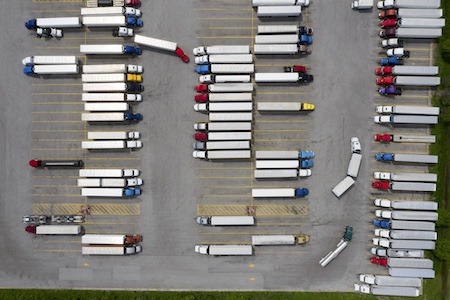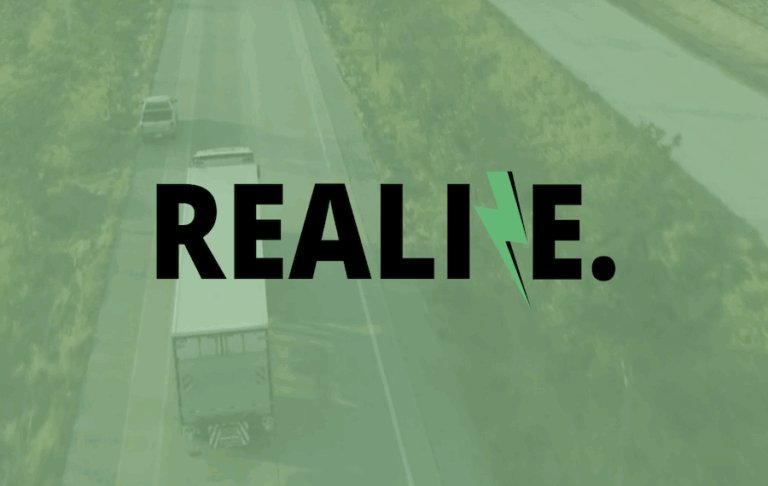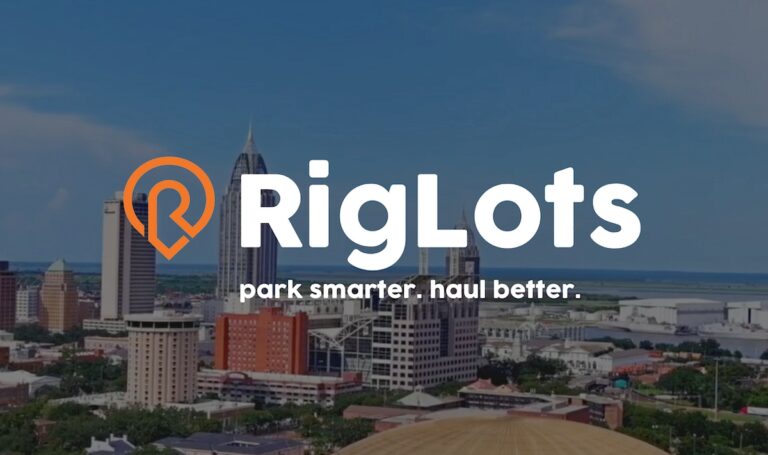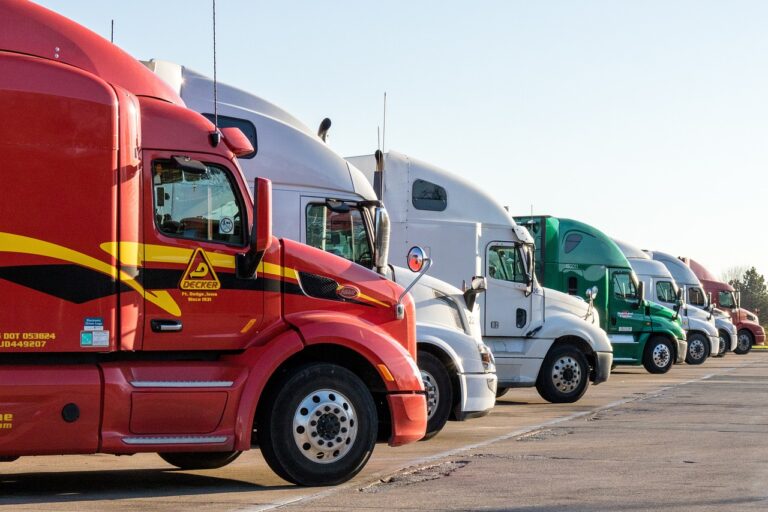In the heart of America’s vast transportation network, where millions of miles of highways connect cities and towns, a hidden crisis looms large. For every truck on the road, there is only one parking space available for every eleven trucks. This stark disparity highlights a growing issue that affects the safety, efficiency, and well-being of the nation’s truck drivers. It is this pressing problem that led to the creation of RigLots, a groundbreaking solution poised to transform the way truck parking is managed and accessed.
The Problem: A Critical Shortage
The trucking industry, a backbone of the U.S. economy, faces a parking crisis of unprecedented scale. According to the American Transportation Research Institute (ATRI), a staggering 98% of truck drivers have reported difficulty finding parking, and the shortage of spaces is projected to worsen. With approximately 3.5 million professional truck drivers in the U.S., the available parking spaces are woefully inadequate. The Federal Highway Administration (FHWA) estimates that there are only around 300,000 truck parking spaces nationwide, a figure that has not kept pace with the industry’s growth.
The problem is not just about convenience; it’s a matter of safety and efficiency. Drivers are often forced to park in unsafe or illegal areas, leading to potential accidents and legal issues. Additionally, the lack of adequate parking impacts the overall supply chain, causing delays and increased costs that ripple throughout the economy.
The Spark of Innovation
Not long ago, one of the RigLots founders, Jordan Anez, purchased a derelict plot of land near downtown Mobile, AL. Over time, he invested money and time into making it a safe place to park for truckers and through word of mouth, was able to start monetizing the land. Today he now has two locations with more on the horizon. This personal experience ignited a vision for a solution that could alleviate the parking shortage and create new opportunities for landowners.
Drawing inspiration from the success of platforms like Airbnb, which revolutionized short-term lodging, Jordan saw a potential model for truck parking. The concept was simple yet powerful: create a platform where landowners could list their available spaces for truck parking, providing truck drivers with easy access to secure and convenient parking options.
The Vision: RigLots
RigLots was born out of the need to address the truck parking crisis in a way that benefits both drivers and landowners. The platform allows landowners to list their properties—be it a private lot, an unused field, or a commercial space—complete with details on the number of available spaces, amenities, and pricing options. Truck drivers can then use the RigLots app to search for parking near their location, view available spaces, and book a spot for a daily, weekly, or monthly stay.
By leveraging technology and community resources, RigLots aims to:
- Expand Parking Options: Increase the number of available parking spaces by utilizing underused properties across the country.
- Enhance Safety and Comfort: Provide truck drivers with secure, well-lit, and amenity-rich parking options, reducing the need for unsafe or illegal parking.
- Support Local Economies: Offer landowners a new revenue stream and foster local economic growth by connecting them with truck drivers in need of parking.
The Future: A Network of Solutions
RigLots is more than just a parking solution; it is a step towards transforming the logistics industry. As the platform grows, it will continue to innovate by integrating advanced features such as real-time availability updates, dynamic pricing, and user reviews to ensure the highest quality experience for both drivers and landowners.
The trucking industry is at a crossroads, and RigLots is dedicated to being part of the solution. By bridging the gap between truck drivers and parking providers, RigLots aims to create a more efficient, safe, and supportive environment for the millions of truckers who keep America moving. Through collaboration and innovation, RigLots is paving the way for a future where finding a place to park is no longer a challenge but a seamless part of the journey.




